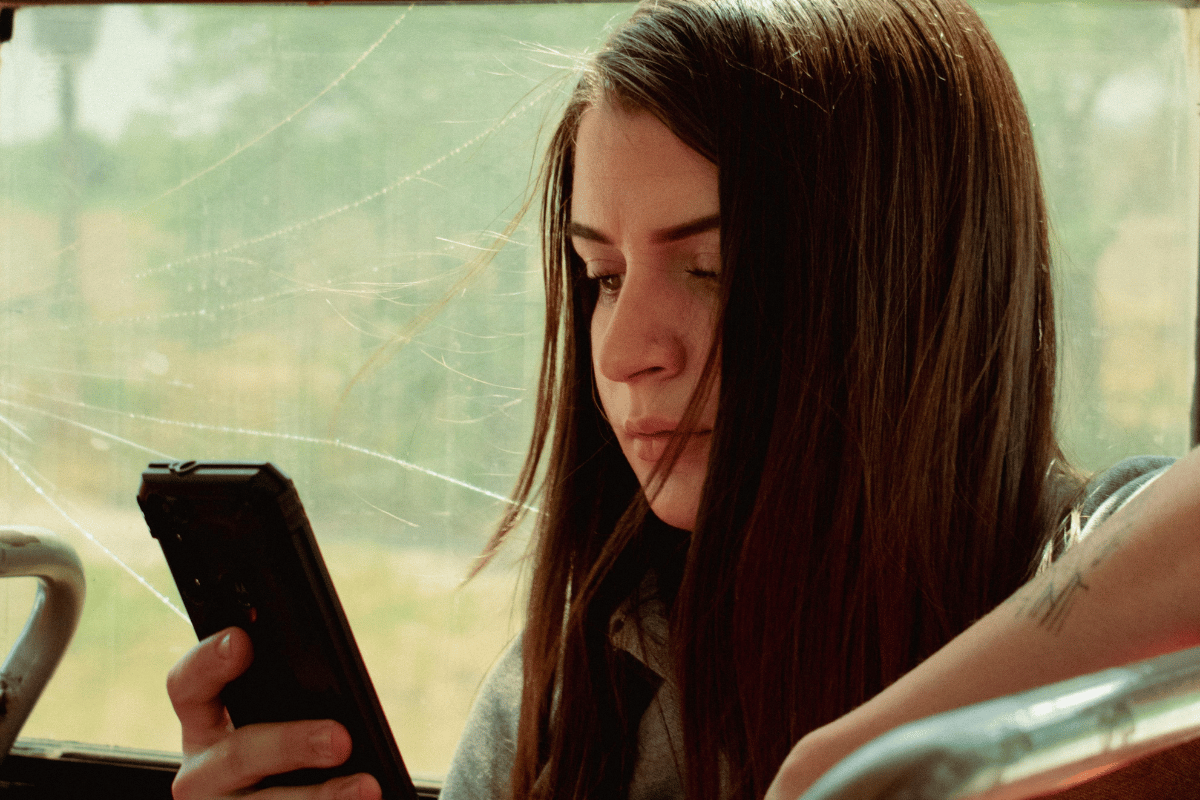
As a social researcher and a mum, my world has started to overlap in ways I didn't expect.
My kids and their generation have become the centre of my curiosity. Lately, I've been following the heated debate on social media bans, and what really hits home for me is this: despite all the expert voices, one crucial set of people remain unheard…the young people who live it every day.
Their experiences matter, and I think it's time we really listen.
I recently had the chance to find out their thoughts, as Youngkind's latest study included conversations with 100 10 to 16-year-olds to get closer to their experience of growing up against a backdrop of tech and social media.
It's become clear that the real issue isn't about bans, it's about preparing kids for a digital world that's already shaping their future.
Watch: Two mums with very different opinions speak up about the social media ban for kids. Post continues after video.
What kids really think about social media.
Young people today are growing up in a world dominated by social media, artificial intelligence, and digital landscapes. Laptops/tablets have replaced notebooks, online communities have replaced study groups. Even journalism now relies on social media for its 'news' content. It is inescapable.
